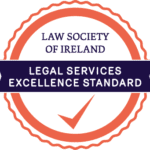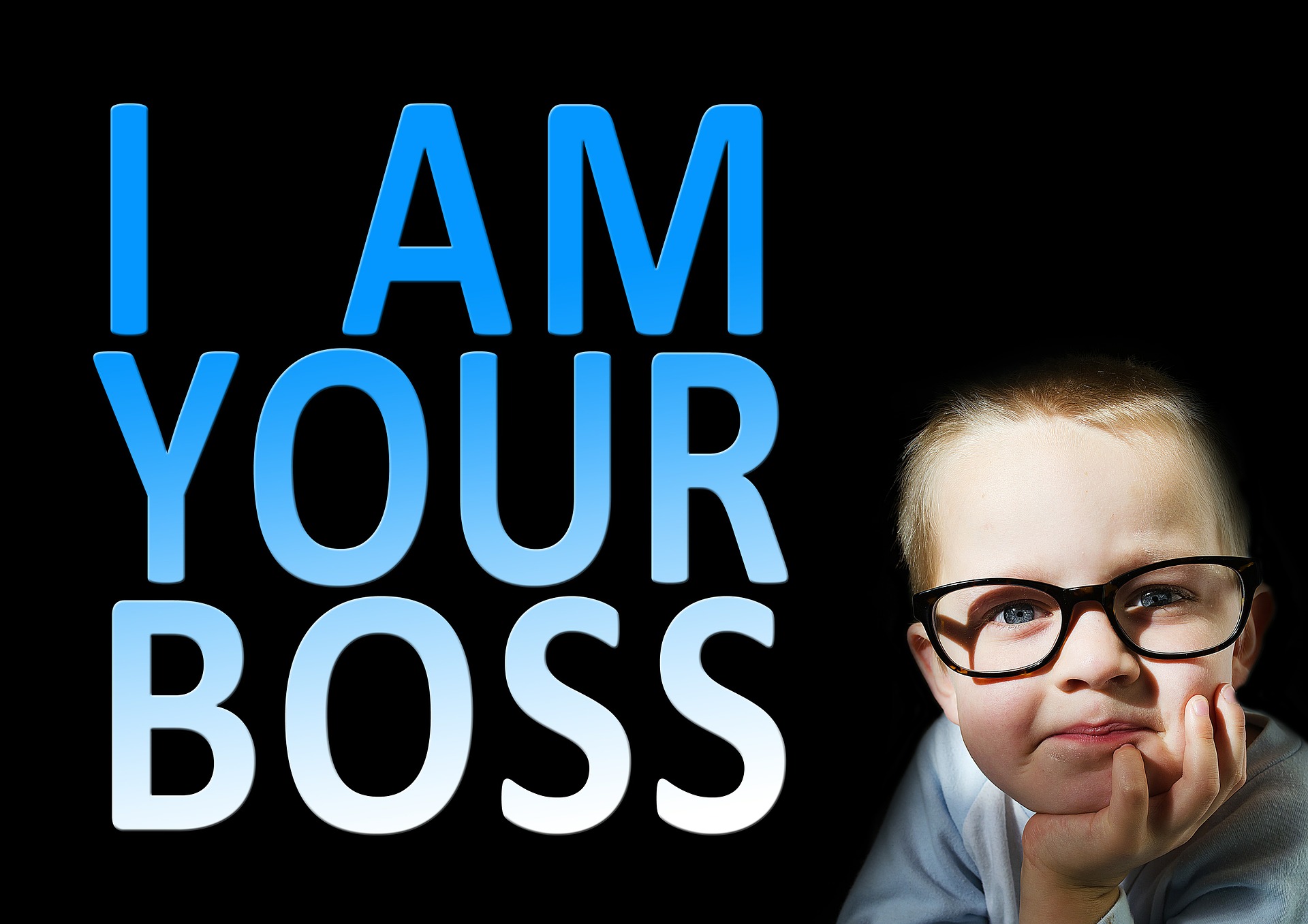Employment Law Update 2025: Key Developments Employers and Employees Should Note
Employment law in Ireland continues to develop in response to changes in society and recent legal decisions. For both employers and employees, understanding these changes is essential when navigating workplace disputes or obligations.
From the inception of the Unfair Dismissals Act 1977, employment law hearings were designed to be accessible, particularly to individuals unfamiliar with court procedure. Traditionally, evidence in such hearings was presented without the requirement of taking an oath or affirmation, and the informality allowed both parties to engage without the more structured rules of a courtroom.
Furthermore, unlike traditional court proceedings—which are typically open to the public—hearings before the Workplace Relations Commission (WRC) were, until recently, generally held in private. This diverged from the core principle of public justice that underpins both criminal and civil legal systems in Ireland, the primary exception being family law matters, which are held in camera for privacy reasons.
Recent developments, however, mark a significant shift in both the transparency and formality of Employment Law Update 2025
Two key changes are now in effect, following decisions of the Superior Courts:
1. Evidence Must Now Be Given Under Oath or Affirmation
All parties presenting evidence before the WRC must now do so under oath or affirmation. This move brings employment hearings more in line with formal court procedures and is intended to enhance the integrity of the process. It also reinforces the right of each side to cross-examine witnesses, a right which had previously depended on the approach of the individual adjudication officer.
2. Hearings Are Now Open to the Public
WRC hearings are now, by default, open to members of the public, irrespective of their involvement in the case. This increased visibility aligns WRC practice with the broader legal system’s commitment to openness. Additionally, decisions of the WRC are published and freely accessible via the Commission’s website, contributing to greater transparency.
Practical Considerations: Mediation vs. Public Hearing
While these reforms may benefit some parties by providing a more structured process, they may also raise concerns—particularly around publicity.
As a result, mediation remains a valuable alternative. Mediation is conducted in private, with no public record of the proceedings or outcome. It offers a discreet forum for resolving disputes, which can be particularly important where reputational or future employment prospects are at stake.
For employees, a public WRC hearing may offer strategic advantages, especially in industries where formal findings carry weight. However, the potential long-term consequences of pursuing a claim in a public forum—such as impacts on future employment—must be carefully considered.
Employers, likewise, may find that certain matters are best addressed through mediation, where confidentiality and quicker resolutions are often possible.
Conclusion
With these legislative shifts, it is now more important than ever to seek appropriate legal advice when dealing with employment matters. Whether you are an employer managing internal disputes or an employee considering a claim, understanding the implications of these changes can help inform your next steps.
For further guidance on how these developments may apply to your particular circumstances, you are encouraged to contact your solicitor.


